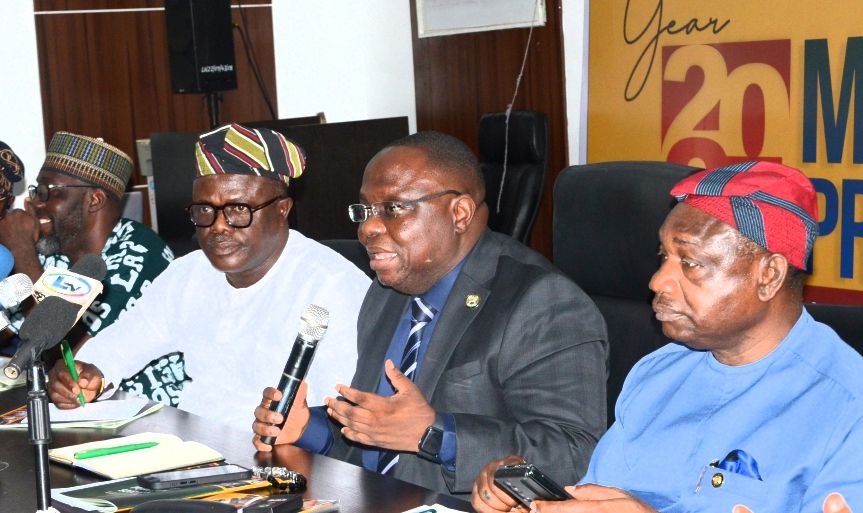The Lagos State Government has announced its readiness to assume full regulatory control of the energy and power sector beginning June 2025.
This was revealed by the Commissioner for Energy and Mineral Resources, Engr. Biodun Ogunleye, during the 2025 Ministerial Press Briefing held to commemorate Governor Babajide Sanwo-Olu’s six years in office.
Engr. Ogunleye unveiled a series of forward-looking initiatives aimed at achieving universal energy access, improving electricity reliability, and promoting local manufacturing of power infrastructure components.
According to him, central to the state’s energy strategy is the full implementation of the Lagos Electricity Market framework under the Lagos State Electricity Law, 2024.
This includes licensing independent electricity distribution companies, supporting embedded generation, and operationalizing the Lagos Independent System Operator (LISO) to stabilize the power supply ecosystem.
“We are taking deliberate steps to transition Lagos into a 24-hour economy through reliable and sustainable energy solutions,” Ogunleye said.
He noted that the Ministry is also working to complete and energize eight interconnected mini-grids in underserved communities, with plans to expand such interventions to rural and riverine areas.
“The Lagos Integrated Resource Plan, currently under development, will serve as a blueprint for long-term energy planning and infrastructure investment,” he added.
The Commissioner also disclosed that the state is finalizing plans to partner with local and international investors for the domestic manufacturing of essential power infrastructure—including transformers, meters, cables, and switchgears.
“This will not only strengthen the energy value chain but also boost industrial capacity, create jobs, and reduce import dependency,” he said.
Furthermore, Ogunleye said Lagos is set to operationalize the Lagos State Electrification Agency (LSEA) and deepen collaboration with the Federal Government’s Rural Electrification Agency under the DARES programme to ensure no community is left behind in the state’s energy transition.
“When these plans materialize, Lagos would have successfully positioned itself as a model for sub-national energy transformation in Africa—leveraging policy, technology, and partnerships to power prosperity,” the Commissioner stated.
















